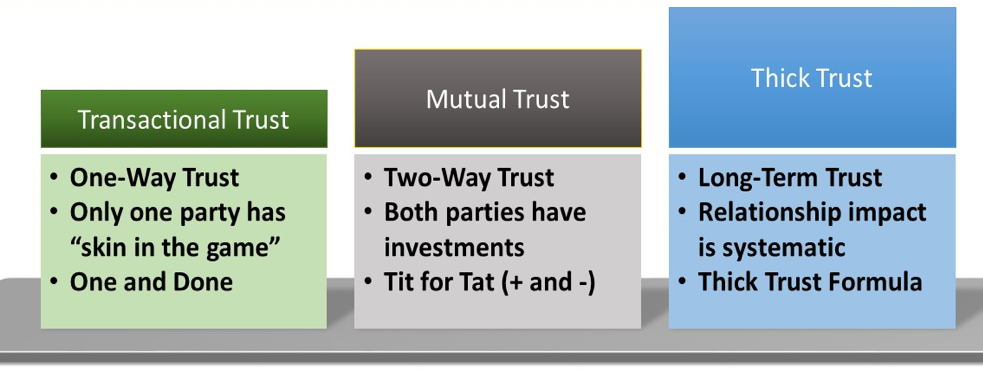There has been a lot in the news lately about “invading personal space,“ and I really get why that is so important. Boundaries are a defining concept for every successful family business I’ve ever worked with, and it’s the second of my supporting pillars in my online course, Re-Imaging Relationships For Families In Business. American poet Robert Frost noted that “good fences make good neighbors,“ and I would add that good boundaries make good working relationships between family members.
In the nuclear family, usually parents and their children, or perhaps at some point just the siblings, there are relationships that have been developing since birth. Opinions about strengths and weaknesses have been forming for decades, and there are no secrets (usually) about escapades from anyone’s younger days. Normally by the time family members are working together as adults in a legacy business, they have already interacted with each other for decades within the intimacy of the family unit.
The family business must not become a metaphor for family.
Protocols must be different for work talk and family talk. The same is true for behaviors. If a bossy older sister has spent her life picking up projects abandoned by her younger brother, then she will continue to do this in the family business. This will result in the same resentment levels experienced by both siblings as this dynamic has occurred over the years. The family leader must know how to set the boundaries between sibling responsibilities, and preferably with minimum risk to overall business progress. The leader must also know how to arbitrate when boundaries are disregarded. Perhaps that’s easier when a parent is running things, but when a sibling takes over as leader, he/she better be strong enough to insist on a) hands off someone else’s job and b) maybe job boundaries should be re-addressed at some point.
The Boundaries pillar is always one of the most popular to learn because if we are family together and we also need to work well together, when can we say we finally know everything about each other? In these lessons, you can learn a lot about the different levels of trust, about the importance of traditions, and about the theories of how birth order may affect outcomes. There are also lessons about co-dependency and a look at how to accurately define “self.“
Hopefully, your family is aligned after learning in Pillar 1, and next in Pillar 2, responsibilities can be defined and protected with clear boundaries. More on that how-to in my next blog.
David Bork is an internationally-acclaimed family business consultant, author, and speaker with five decades of experience providing guidance to over 500 family business enterprises. A pioneer in the industry, David brings a wealth of knowledge and insight into the many challenges of running a successful family business and has assisted families in charting their way through every imaginable family business issue. He is the author of The Little Red Book of Family Business and just published the online course, Re-Imagining Relationships for Families in Business. For more information about David Bork, visit FamilyBusinessMatters.Consulting.







